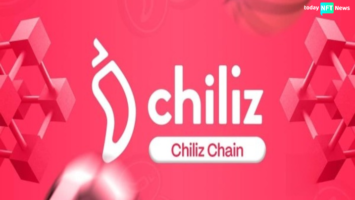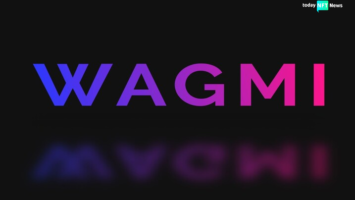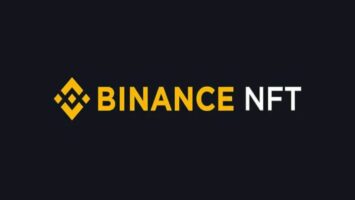SNEAK PEEK
- SEC Charges Stoner Cats NFT Project for Unregistered Securities Sale.
- Stoner Cats NFTs See Price Surge Despite Regulatory Trouble.
- Stoner Cats Project Faces SEC Scrutiny and Plans to Create a “Fair Fund” for Refunds.
The U.S. Securities and Exchange Commission (SEC) has set its sights on the world of NFTs (Non-Fungible Tokens) with a charge against the creators of the Stoner Cats project, a cartoon series intertwined with NFTs. The SEC alleges that the project sold unregistered securities during its NFT launch in 2021.
The Stoner Cats project, co-created and promoted by actress Mila Kunis, attracted attention for its unique approach. It offered NFTs as entrance tickets to its animated web series, allowing buyers to watch a show where cats and their owners indulge in unconventional activities.
What’s particularly intriguing is that despite the regulatory crackdown, Stoner Cats NFTs are witnessing a surge in secondary market sales, with prices more than doubling since the SEC’s announcement. It’s a perplexing trend, considering that the project concluded its content production in 2022 and has been slapped with SEC charges.
There are several motivations at play. Some buyers might view it as a humorous or ironic investment, seeking them “for the lulz” or as cultural relics of an NFT project now under regulatory scrutiny.
Friends, the story of Ms. Stoner and her five (5), zany, pot-smoking cats is coming to an end soon. Thank you for letting us share her story. Let’s talk about what we’ve accomplished together 🧵
— Stoner Cats (@stonercatstv) December 23, 2022
Others could be banking on the newfound notoriety of Stoner Cats, hoping that these NFTs will appreciate in secondary market value. Furthermore, there’s the hope that a mechanism might emerge for refunds, as the SEC states that the project’s creators have agreed to establish a “Fair Fund” for reimbursing investors, although the details remain uncertain.
To put this into context, Stoner Cats NFTs initially sold for 0.35 ETH (approximately $800) each in July 2021. The project quickly raised over $8 million in just 35 minutes, and secondary market sales soared to over $20 million.
In response to the SEC’s enforcement action, Stoner Cats 2 LLC, the company behind the project, will pay a $1 million civil penalty without admitting fault. They have also committed to destroying any remaining NFTs and creating the Fair Fund for potential refunds.
The SEC’s crackdown on NFT projects involving celebrities and influencers is not an isolated incident. Earlier this year, Impact Theory, a media company led by entrepreneur Tom Bilyeu, faced a $6 million settlement and had to destroy its Founder’s Key NFT collection.
The SEC’s message is clear, regardless of the novelty or nature of the offering, the economic reality governs whether an investment contract falls under securities regulations. As the dust settles around Stoner Cats, it is a stark reminder of the evolving regulatory landscape in the NFT space and the potential ramifications for creators and investors.









